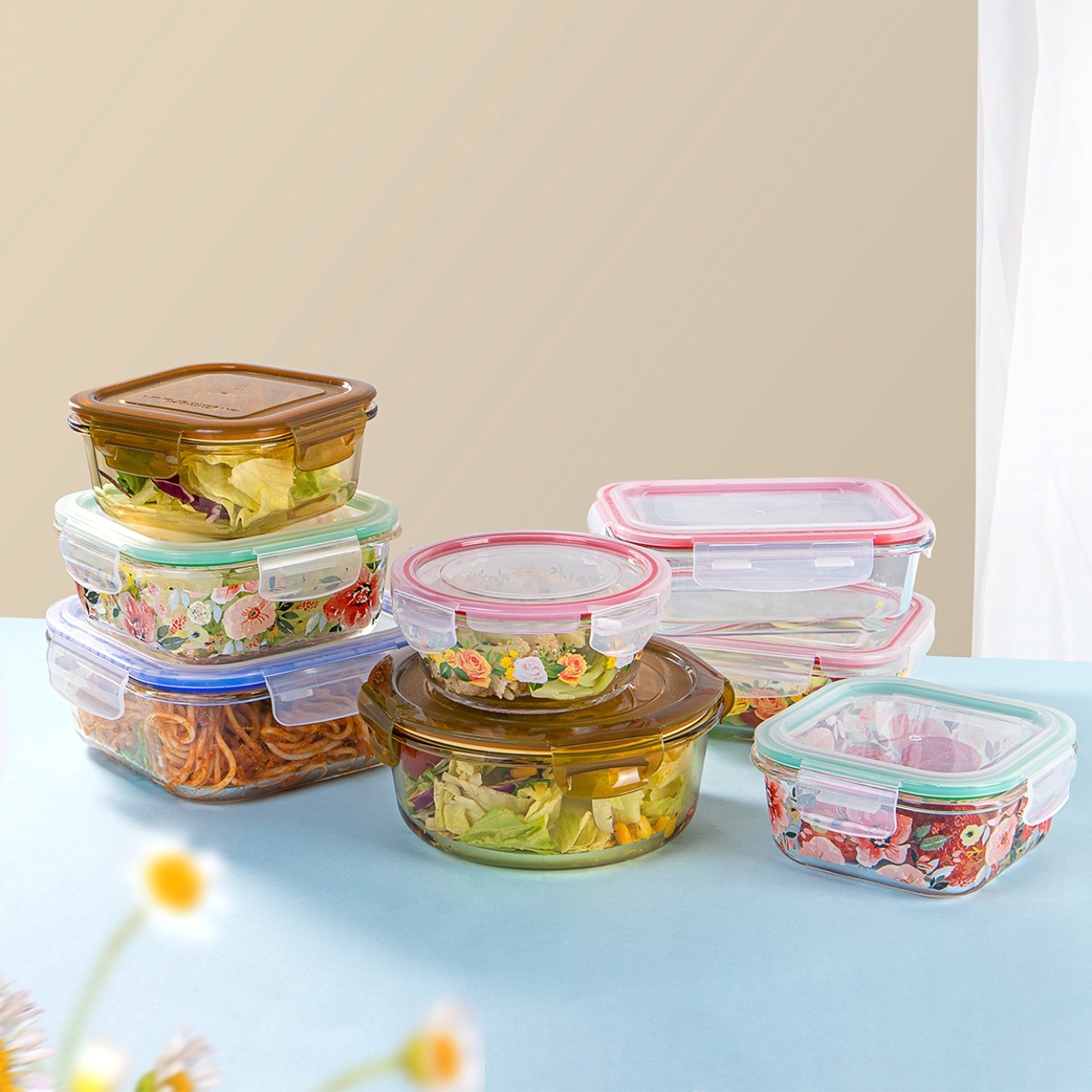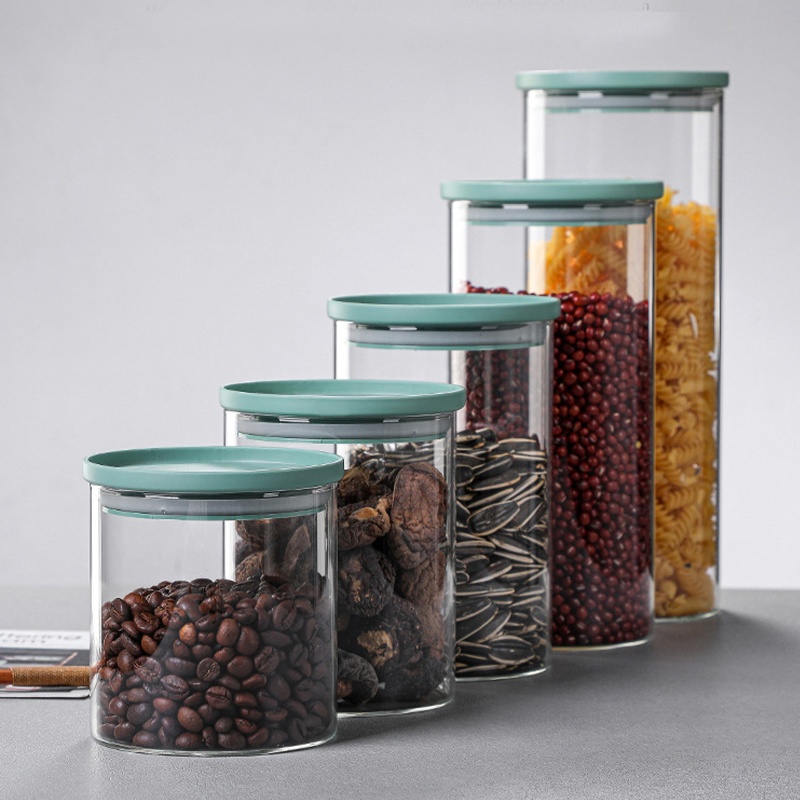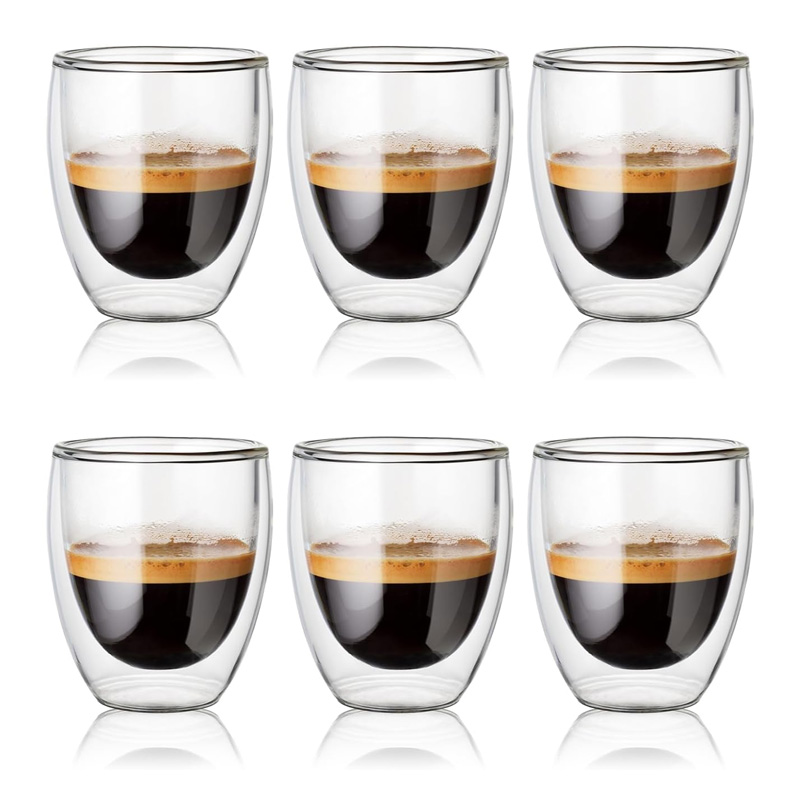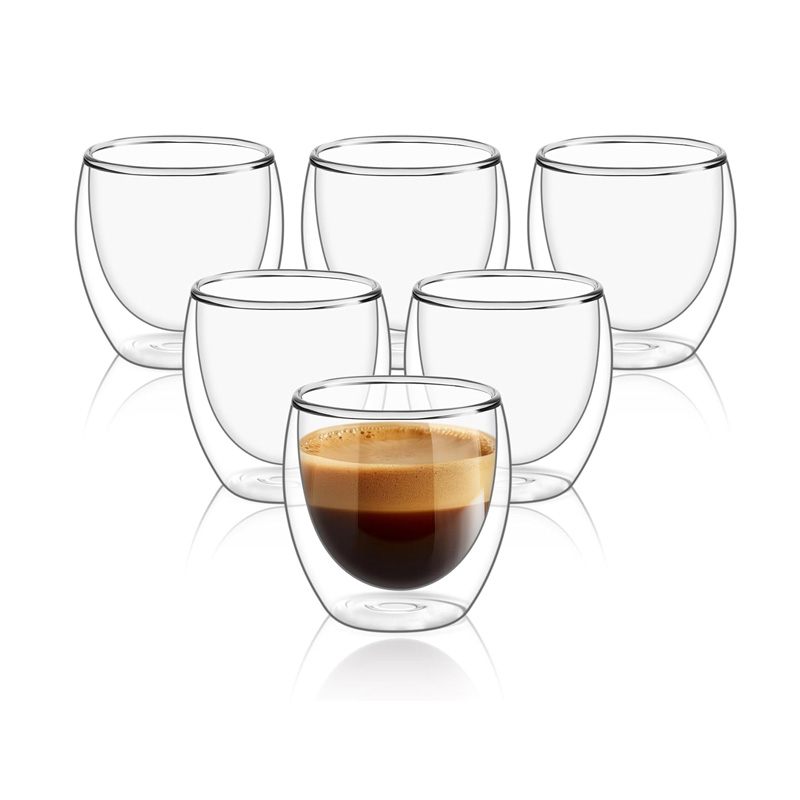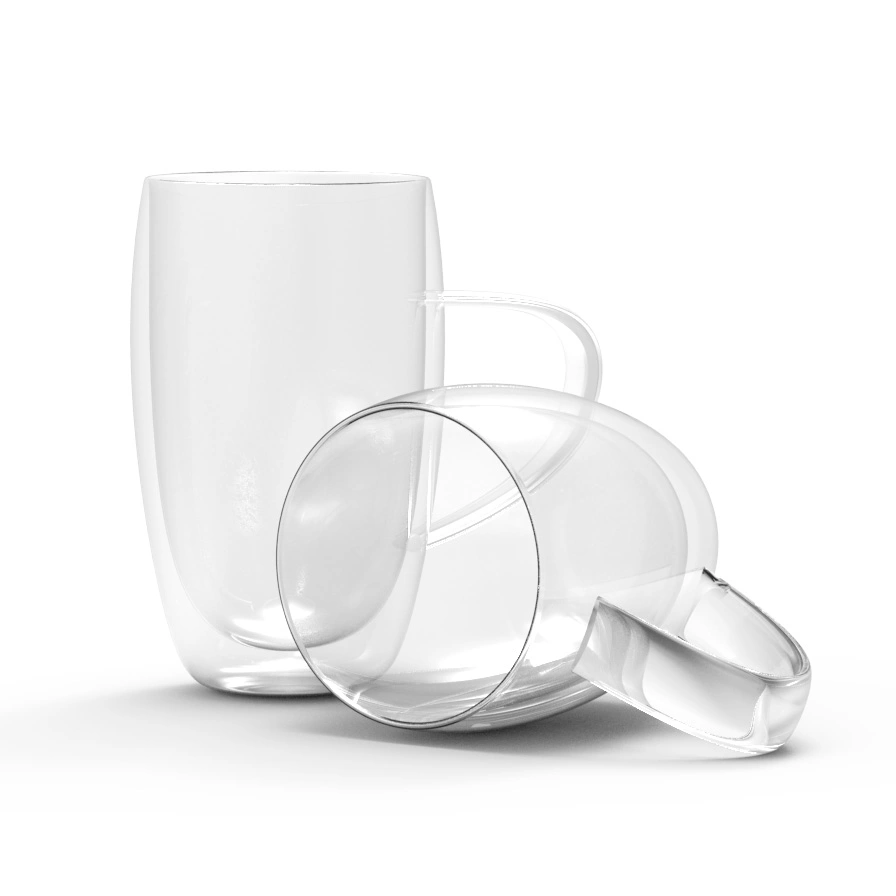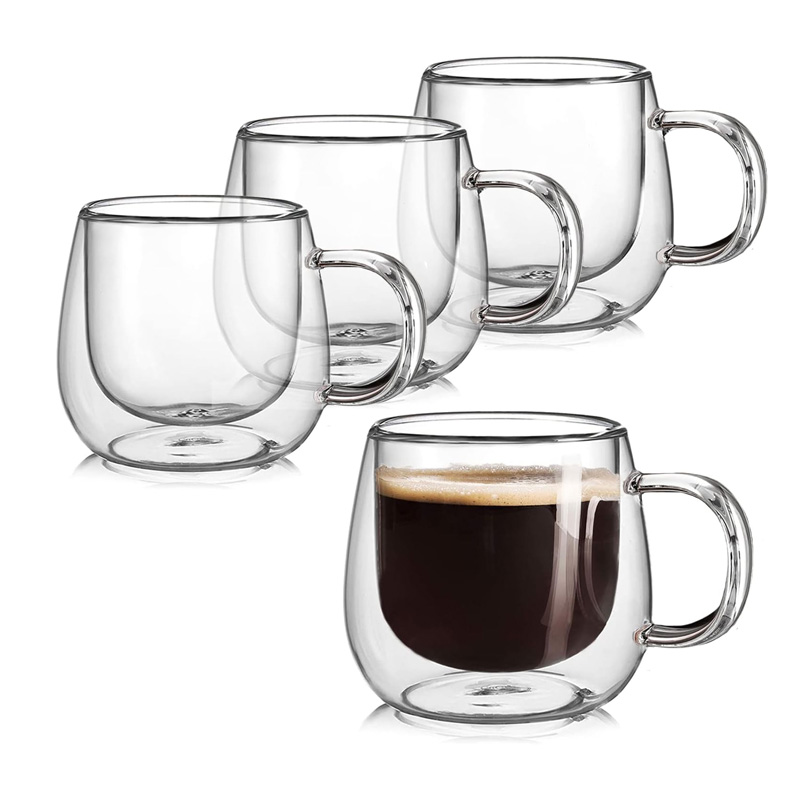How to Choose the Perfect Glassware for Your Home: A Step-by-Step Guide
Table of Contents

Paul Ren
Hello! I’m Paul, the Senior Sales of Canzo Glassware. With 18 years of experience in the glassware industry, I’m excited to share some insights from our perspective as a China glassware manufacturer. Today, we’re diving into a common question: How to Choose the Perfect Glassware for Your Home?
Are you feeling overwhelmed by the sheer variety of glassware available today? Don’t worry — we’re here to help! In this guide, we’ll take you through the different types of glassware, their unique characteristics, and how to choose high-quality pieces for your home. Whether you’re outfitting a home bar, refreshing your kitchen, or looking for the best options for your dining table, we’ve got the information you need to make the right choice. Let’s dive into the fascinating world of glassware!
Factors to Consider When Choosing Glassware
When selecting glassware, it’s important to consider several key factors that can affect both functionality and aesthetics. Here are some essential points to keep in mind:
Intended Use: Think about how you plan to use the glassware. Different pieces serve specific purposes — from meal prep containers and baking dishes to double-wall coffee cups and storage jars for dry goods. Knowing the intended use will guide you in choosing the most appropriate glassware for your needs.
Material: Glassware comes in a variety of materials, each with unique pros and cons. Soda-lime glass is affordable and widely available, lead crystal is renowned for its brilliance, and borosilicate glass is ideal for hot beverages due to its resistance to thermal shock. Weigh these options carefully to decide which material best fits your preferences.
Durability: Durability is crucial when it comes to glassware. We recommend looking for pieces that are thick and sturdy to minimize the risk of breakage or chipping. It’s also worth checking if the glassware is dishwasher-safe, which will make cleaning and maintenance much easier.
Style: The style of glassware you choose can enhance the overall look of your space. Consider your personal taste and your home’s existing décor. Whether you prefer a classic, modern, or vintage aesthetic, there are many styles available to match your vision. Also, think about whether you want clear glass or a colored and patterned option to complement your setting.
Size and Shape: The size and shape of glassware can impact how beverages taste and smell. For instance, different wine glasses are designed to enhance the characteristics of various wine varietals. Be sure to select glassware that fits the drinks you plan to serve.
Price: Finally, consider your budget. While we believe it’s worth investing in quality glassware, there are excellent options available at a wide range of price points. Aim to find pieces that meet your needs without exceeding your budget.
By keeping these factors in mind, you’ll be able to choose glassware that combines functionality, durability, and style, ensuring it meets your needs and enhances your home’s ambiance.
Assessing the Quality of Glassware
Once you’ve narrowed down your choices based on style, size, and purpose, it’s time to evaluate the quality of the glassware. High-quality pieces will elevate your drinking experience and last longer. Here’s what to look for:
Thickness and Clarity: Check the thickness of the glass. Quality glassware typically feels more substantial and is less prone to breaking. Additionally, clarity is key — you want glassware that allows you to appreciate the colors and textures of your drinks.
Rim Quality: Inspect the rim for smoothness and evenness, as this affects the drinking experience. Avoid glasses with rough or jagged edges that can detract from comfort.
Weight: Consider the weight of the glassware. While heavier glasses might suggest durability, they should still be easy to handle. Aim for a balance that feels comfortable in your hand.
Balance and Stability: Hold the glass and check how balanced it feels. Quality glassware should feel stable in your hand and when placed on a flat surface. Avoid glasses that wobble or feel unsteady.
Resistance to Thermal Shock: If you plan to use your glassware for both hot and cold beverages, look for pieces labeled as “thermal shock resistant.” This ensures the glassware can handle sudden temperature changes without cracking.
Glass Decoration: Examine any decorative elements closely. High-quality glassware should have well-applied patterns or colors that do not fade, chip, or smudge over time, even with frequent use and washing.
Dishwasher Safe: Check for a “dishwasher safe” label. This indicates that the glassware can withstand repeated dishwasher cycles without losing its quality, making cleaning and maintenance much more convenient.
By evaluating these factors, you’ll ensure that the glassware you select not only matches your style but also meets the highest standards for durability and longevity. This way, you can enjoy your chosen pieces for years to come.
Conclusion
Choosing the right glassware for your home is all about balancing style, functionality, and quality. By considering the intended use, materials, durability, style, size, and budget, you can make informed choices that enhance your home’s ambiance and your drinking experience. Remember to assess the quality of glassware by looking at factors like thickness, clarity, rim quality, weight, stability, thermal shock resistance, decoration, and whether it’s dishwasher-safe. With these tips, we’re confident that you’ll find the perfect glassware to suit your needs and taste. Happy sourcing!
Newest Blog

Is Glass Safe In The Oven?
Whether you’re a home cook or a business owner sourcing from a glass lunch box factory, understanding the nuances of oven-safe glass is crucial. We’ll explore the world of durable and reliable custom glass food container options, ensuring you make informed decisions.
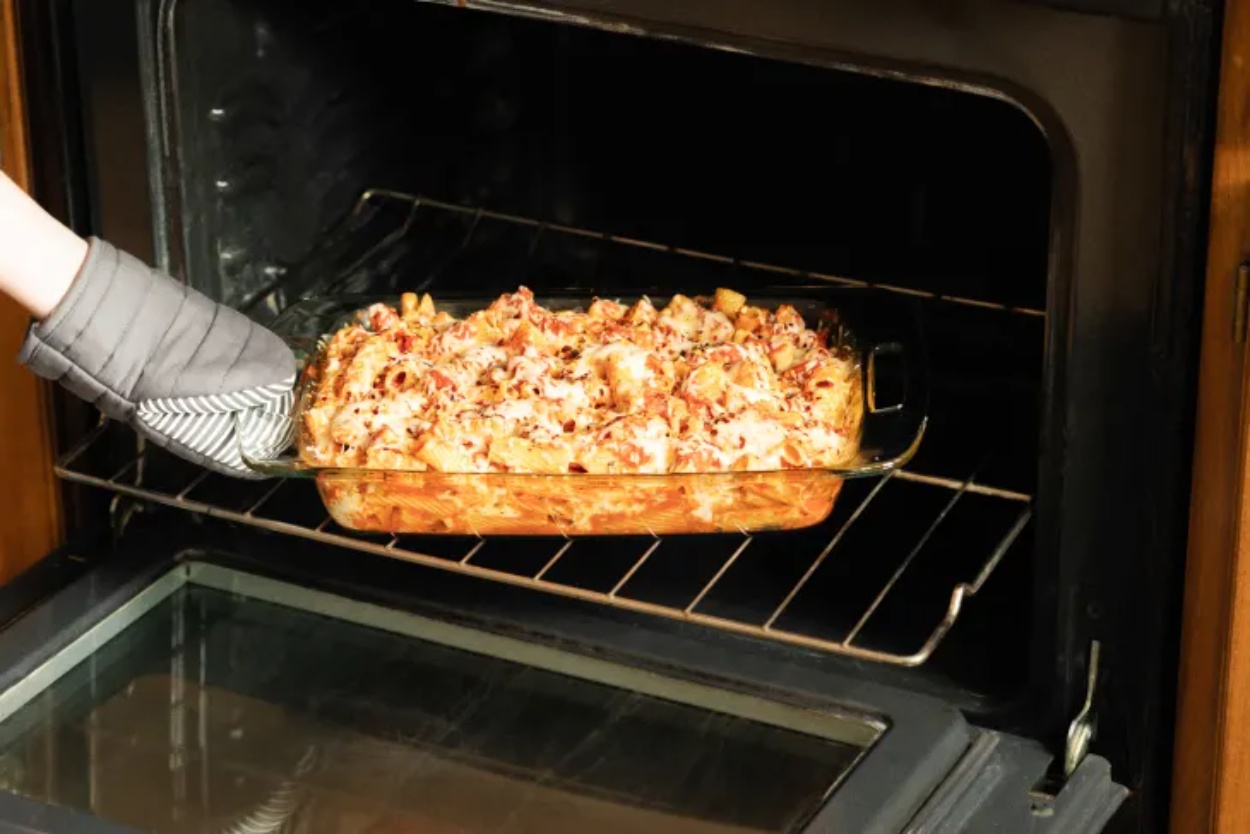
Can You Put Glass In The Oven?
We’ll explore why choosing the right type of glass, particularly from a reliable China glassware factory, is so important, especially if you’re looking for custom glass food storage containers or even a glass lunch box factory.
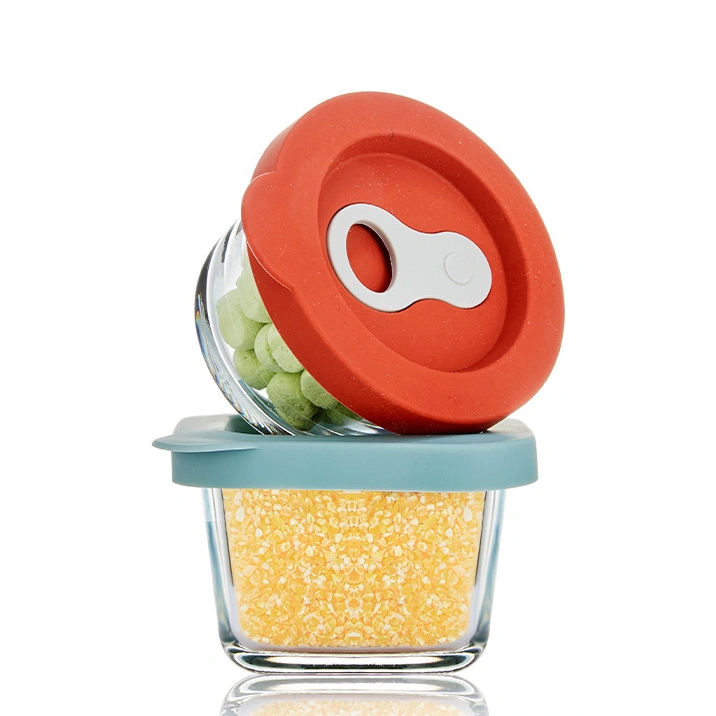
What To Do With Small Glass Containers?
From baby food meal prep, storing leftovers to organizing your craft supplies, small glass containers are super handy!

